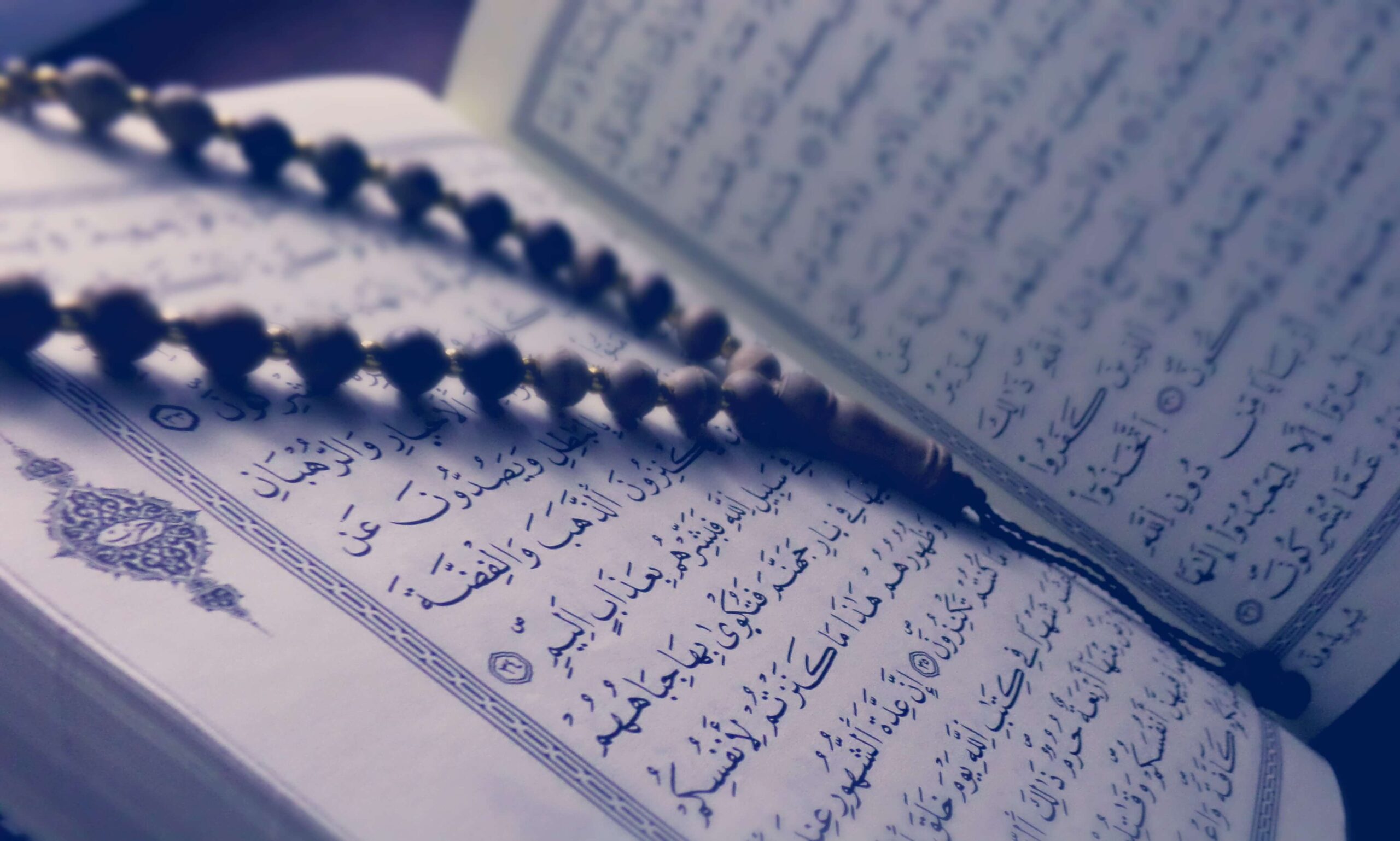The Holy Quran referred to as The Koran in the West, is the Holy Book sent down by God to his beloved Prophet Muhammad (Peace Be upon Him) via the Angel Gabriel. The Holy Quran is a complete guide for Muslims for this life and the next. Muslims believe the Quran is the word of God, and its words guide humanity. Anyone to be a part of the faith must believe in God’s Holy Book.
Since many know little to nothing about the Holy Quran, this blog will highlight several interesting facts. Without further ado, let’s dig in.
Who Wrote the Quran?
The Quran was sent down to the Prophet Muhammad (Peace Be upon Him) via Angel Gabriel, who memorized each verse. The beloved Prophet then shared Quranic verses with his companions, some of whom wrote down their heard. At that time, recitation was more important than writing down its verses. Of course, this created problems after the death of the Prophet Muhammad (Peace Be upon Him). Since there were different versions of different companions, standardization became necessary.
It is worth noting the different versions of the Holy Quran contained the same chapters and verses, but some words and phrases were different. To solve this problem, the third Caliph, Usman (Peace Be upon Him), and a close companion of Prophet Muhammad (Peace Be upon Him), set up a committee to establish a standardized version of the Holy Quran. The Caliph’s primary concern was eliminating textual diversity and aiming for uniformity.
Once a standardized copy was drafted, and after verification, it was copied to be sent to Kufa, Mecca, Damascus, and Basra, while a copy was kept at Medina.
The Quran was revealed throughout the Prophet’s Life
The Quran was revealed to Prophet Muhammad (Peace Be upon Him) when he was 40. The first revelation was sent around 609 AD, and more revelations were sent until it was finally completed before his death in 632 AD.
The Word Quran is Mentioned Sparingly
Surprisingly, the Holy Quran uses the word Quran just 70 times. However, numerous other words and names have been used to refer to the Holy Book.
Surah Al-Fatiha is the Most Recited Surah
The Holy Quran plays a vital role in daily activities for its followers, but its first Surah, known as Surah Al-Fatiha, is the most recited Surah of them all. The Surah consists of seven verses repeated numerous times, including the Salah.
Read More: Health Benefits of Salah
A Highly Organized Book
The Holy Quran is an incredibly organized book divided into 30 parts equally. The Holy Book consists of 114 chapters, 6236 verses, and 99,464 words.
Quranic Revelations Before and After Migration to Medina
The Quran is also divided into two types of surahs, Makki and Madni. The surahs revealed to the Holy Prophet Muhammad (Peace Be upon Him) in Mecca before migrating to Medina are called Makki surahs. After migrating to Medina, the surahs that were revealed are called Madni surahs. While many claim 86 surahs are Makki and 28 are Madni, some sources do not concur.
The Quran has no Beginning or End
Since the Holy Quran has a non-linear structure, there is no beginning, middle, or end. The text in the Quran does not have a chronological order.
The Quran Mentions Five Mosques by Name
The Quran mentions five mosques by name, which are:
- Masjad-e-Haraam
- Masjid-e-Aqsa
- Masjid-e-Nabwi
- Masjid-e-Zaraar
- Masjid-e-Quba
The Quran Must be handled with Utmost Respect
Before touching the Quran, certain guidelines must be met. Before touching the Quran, the individual must be pure in a state of wudu, which includes washing the body thoroughly and avoiding unclean acts. If an individual is not in a state of wudu, they cannot carry the Quran in a separate bag or carry case, let alone touch it.
Pronunciation is Important to Recite the Quran
The Quran is primarily meant to be recited, so Muslims should study Tajweed to improve their pronunciation. The word Tajweed means to improve pronouncing Arabic words and timing syllables accurately. Tajweed also ensures the Quran is read as it should without changing the meaning of any of its verses.
The Quran Highlights Numerous Scientific Facts
One of the best things about the Holy Quran is that it highlights several scientific facts confirmed to be true today. For instance, the Quran explains the birth and expansion of the universe, how every living thing is mostly made of water, how the Earth is protected from harm by its atmosphere, brain anatomy, prenatal development, oceanic divisions, the formation of clouds, and so on.
There is more to the Holy Quran than meets the eye, and it is not just any book that should be read once in a lifetime. The Holy Quran should be recited as much as possible without proper pronunciation, but most importantly, the person reciting it should understand the meaning behind every verse and Surah. Fortunately, the Quran has been translated into hundreds of languages, thus allowing Muslims to truly understand God’s message to humanity so that they can benefit from it in this life and the hereafter.


Mash allha
Masha Allah
Ok